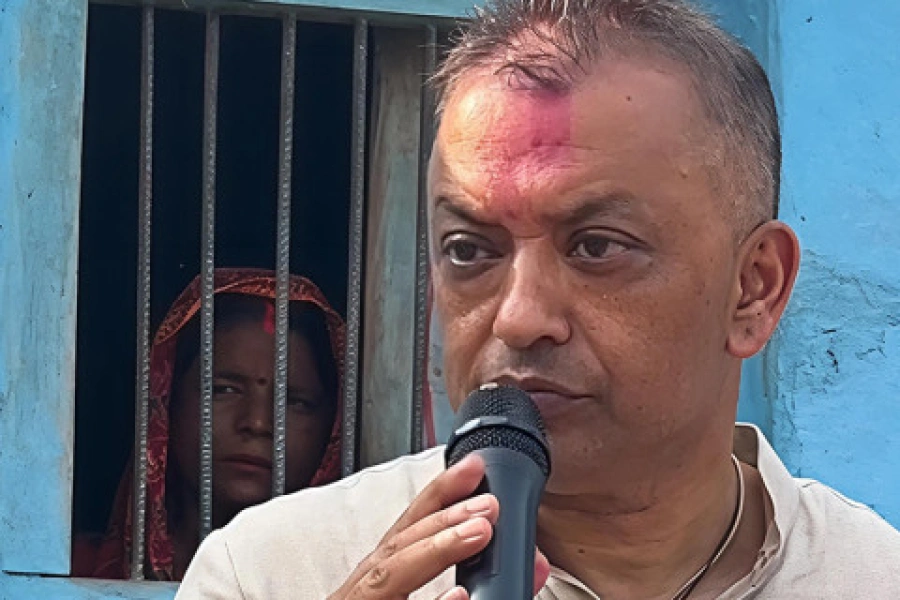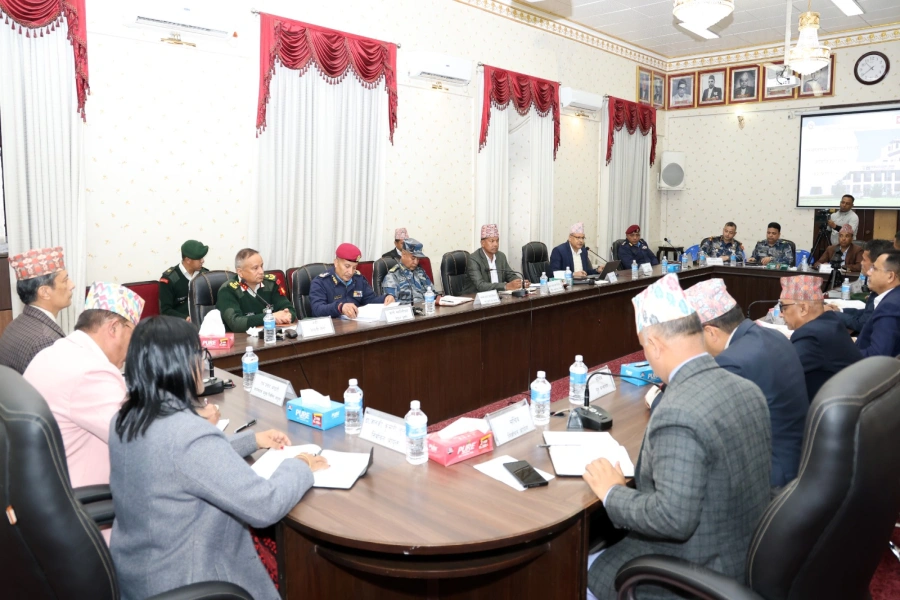The ambitious Chinese cooperation program, the Belt and Road Initiative (BRI), has been a much-discussed topic in Nepal for years, but progress in its implementation has been lacking. Each successive government in Nepal in the past few years appears reluctant to take the BRI to implementation, mainly due to the controversy surrounding it. Evidently, the governments in Nepal do not seem to have done any serious homework to implement the projects under BRI, settling issues of differences, including the funding modality. As a result, the commitment of top political leaders to implement the BRI projects has remained largely limited to rhetoric. As anticipated, the ongoing visit of Deputy Prime Minister and Foreign Minister Narayan Kaji Shrestha to China has once again renewed commitments to implement various nine projects that Nepal has proposed to implement under the BRI framework. Although the two countries have agreed to conclude the BRI Implementation Plan at the earliest during Shrestha's visit, there are still doubts if the BRI projects will get implemented anytime soon in Nepal.
Nepal-China agree to conclude BRI Implementation Plan 'soon' as...

In 2013, China introduced the ambitious concept of the 'One Belt One Road' initiative to connect the world through land and sea routes. This concept was officially named the Belt and Road Initiative (BRI) in 2015. The core idea involves Chinese investment in various physical infrastructure projects, including roads. Both Nepal and China agreed to implement this project in Nepal in 2017. Despite the agreement, both countries have shown limited interest in actual implementation. It appears that China has prioritized strategic advantages in implementing the BRI projects in Nepal, while the Nepali side has been more focused on political and personal benefits. The signing of the BRI agreement has often been publicized as a party achievement rather than a national one. Another troubling aspect is that the US grants program 'Millennium Challenge Corporation (MCC)' and the Chinese investment project BRI are often viewed as competing projects in Nepal. This narrative, however, fails to consider them as complementary efforts. There is also a perception that Nepal’s leftist parties favor the BRI while non-leftist parties support the MCC. The MCC project, being entirely grant-based, has not faced disputes over interests but rather on other grounds. But at the same time, concerns have been raised regarding the BRI potentially leading to a 'debt trap', although such narratives are not entirely based on facts.
Countries worldwide commonly utilize both internal and external loans to fund large-scale infrastructure projects. Nepal, too, has been acquiring loans from bilateral and multilateral donor organizations. Therefore, taking loans under the BRI should not be portrayed as falling into a 'debt trap'. However, the terms and conditions of loans and grants under the BRI should be transparent to address mistrust and suspicion over it. Nepal should negotiate with China to ensure that there are more grant components than loans given its ailing economy. Regarding Chinese contractors, particularly those affiliated with Chinese government companies, the government authorities concerned in Nepal should hold discussions to address concerns over project costs and local impacts. Transparency in agreements, akin to those of the MCC, can help mitigate distrust and suspicion among the public and facilitate implementation of BRI projects. It is important that we do not view investment under the BRI solely through a lens of strategic or political loss or gain. Even if agreements are not reached immediately, efforts should be made to create an environment conducive to advancing the project promptly. The visit of Nepal's foreign minister to China will only be meaningful if progress can be made in implementing BRI projects that are of Nepal’s long-term interests.





























-1200x560-1771928761.webp)









